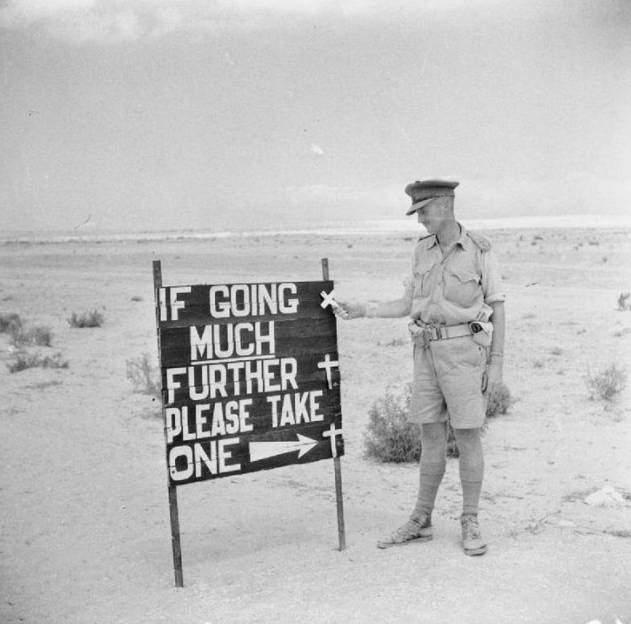Prescription for writer’s block: fear of poverty
— Peter Mayle, born in 1939
As fascinated as I was by words on paper, it was matched by my fascination with words in people's mouths. The spoken word. And that is the world of theatre.
— Athol Fugard, born in 1932
Almanac: Patrick Kurp on writers and their material

Nick Milton – Knoco: The relationship between knowledge and information has always been problematical. Here is a new way to look at it. “The relationship between knowledge and information has always been problematical. Here is a new way to look at it. The Data/Information/Knowledge/Wisdom pyramid is a very common diagram in the KM world, but… Continue Reading
… Music For A Wedding Day by Lauren Clark.
… Border Crossings by Thaddeus Rutkowski.
… Weather by Kelly Cherry.
Two bourbons past the funeral | The New Criterion
“Niki, the name we finally gave my younger daughter, is not an abbreviation; it was a compromise I reached with her father. For paradoxically it was he who wanted to give her a Japanese name, and I — perhaps out of some selfish desire not to be reminded of the past — insisted on an English one. He finally agreed to Niki, thinking it had some vague echo of the East about it.”
A teenage girl grieving the death of her infant daughter is sitting on the almost unbearably beautiful shore of a Swiss mountain lake. Her own mother, a pioneering feminist and political philosopher, has died of complications from childbirth exactly a month after bringing her into the world. Her philosopher father has cut her off for eloping to Europe with her lover — a struggling poet, whom she would marry six months later, after the suicide of his estranged first wife.
200 Years of Frankenstein: Mary Shelley’s Masterpiece as a Lens on Today’s Most Pressing Questions of Science, Ethics, and Human Creativity
The Shocking Truth About Jozef Imrich
Wesley Yang in Tablet: It
is easy to make anyone look moronic or sinister when you control the
means of their representation. It is trivially easy to hang someone by
their own words when you control where the sentences begin and end.
You decide whether to seek clarification if someone speaks in an
ambiguous or ungainly manner. You decide whether to print or broadcast
the clarification. You place the words into a sequence that confers
meaning onto them, or strips them of their intended meanings. You can
use free indirect discourse to inject your own construction of your
subject’s ideas in a way that preserves or alters their meaning.
It
is easy to make anyone look moronic or sinister when you control the
means of their representation. It is trivially easy to hang someone by
their own words when you control where the sentences begin and end.
You decide whether to seek clarification if someone speaks in an
ambiguous or ungainly manner. You decide whether to print or broadcast
the clarification. You place the words into a sequence that confers
meaning onto them, or strips them of their intended meanings. You can
use free indirect discourse to inject your own construction of your
subject’s ideas in a way that preserves or alters their meaning.
Between cultures, in fiction, in all our lives, childhood can have similarities and differences.
Teaching the theory is a wonderful thing, and something I’m prone to. I will teach how to create a particular culture and how to configure childhood as part of it, I will teach how to translate that theory into a real culture or use it to understand the culture we walk in every day, and I will teach how to find the most appropriate (not always the cutest) aspects of all of this to put into that precise place in a story in the exact way that will bring it to life. It won’t just bring the culture into the story. If it’s done properly, it will bring with it the burdens of childhood, the memory of an era, the people who played a role in a person’ early days.
Continue reading
Continue reading

Australian sense of humour WWII
The video made for Kim. It’s very effective. And Ross Douthat on North Korea.
- Sam Savage published his first book when he was 65, and his second book when he was age 66 (the second, Firmin, made him internationally famous).
- Laura Ingalls Wilder was age 64 when she published her first book. She was 76 when she finished the last book in her Little House on the Prairie Series.
- Frank McCourt published Angela’s Ashes at age 66 (retired).
- Anna Sewell published ‘Black Beauty’ at age 57, just before she died
- Late start writing when you are 50 retired

Mark Blyth on Why People Vote for Those Who Work Against Their Best Interests

